
This past Sunday, while spending an evening with the Nuns on the Bus, I heard one man say that the words “the common good” had all but disappeared from public discourse. Today, Pope Francis put it back—front and center. He stood before Congress and in the first minutes of his speech, reminded those legislators: “You are called to defend and preserve the dignity of your fellow citizens in the tireless and demanding pursuit of the common good, for this is the chief aim of all politics.”
I hope they were listening.
The organization of the Pope’s speech was masterful. He reminded us of values and struggles for liberty, freedom for all, social justice, and openness to dialogue and prayer by holding up four Americans: Abraham Lincoln, Dr. Martin Luther King, Jr., Dorothy Day, and Thomas Merton. Many of his listeners may not have heard of Dorothy Day or Thomas Merton. Their lives and writings were integral to the development of my own values and spirituality in my late teens and early twenties. Thomas Merton’s books have a place in my study, and his quote from his theophany at Walnut and 42nd in Louisville, Kentucky hangs on my wall.
Pope Francis highlighted the need to address poverty and climate change. To welcome refugees and those seeking a better life. He warned against reducing complex issues of violence done in the name of religion to labels of “righteous” and “sinners.” When speaking of the need to respect life in all its stages, he called for an international ban on the death penalty. Throughout the fifty-some minutes that he spoke, he emphasized the imperative of working not for wealth or personal power, but for the good of all.
And, in a place where it has been tragically lacking, he called for cooperation: “We must move forward
together, as one, in a renewed spirit of fraternity and solidarity, cooperating generously for the common good. The challenges facing us today call for a renewal of that spirit of cooperation, which has accomplished so much good throughout the history of the United States.”

Pope Francis addressing US Congress 9 24 2015
Life the man himself, Pope Francis’s speech was also full of hope and optimisim. Of joy and love.
And then, when he finished, he left the halls of Congress and the assembly of rich and powerful to share lunch with homeless of Washington.
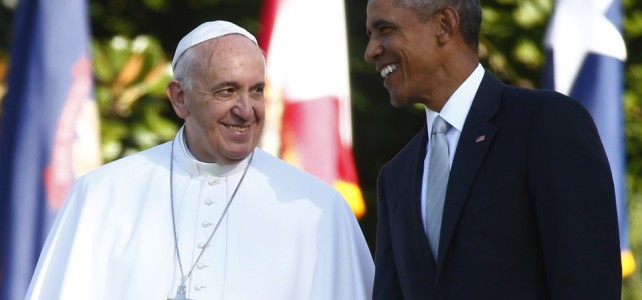
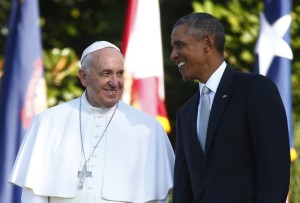
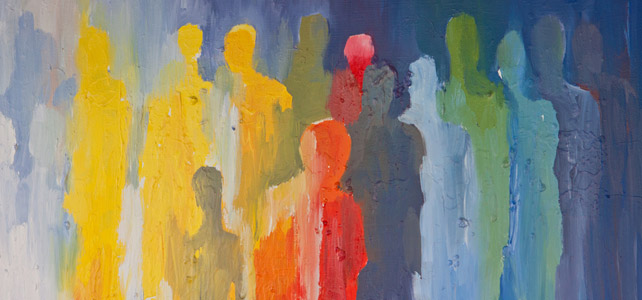
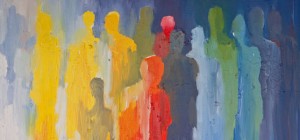
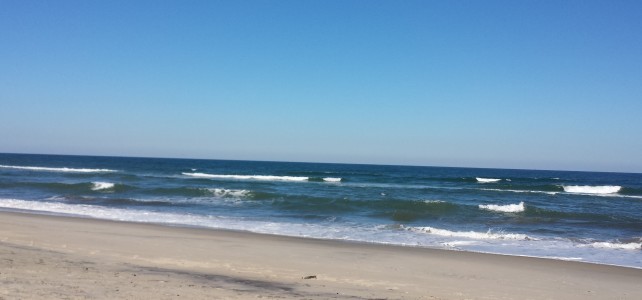
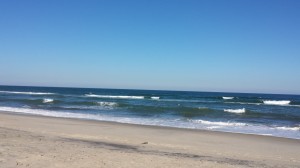


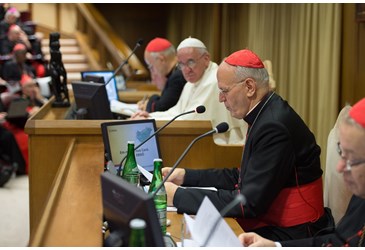
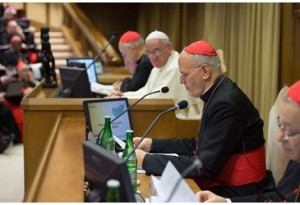
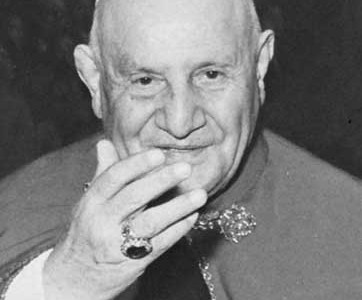
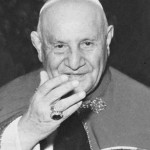 Originally published in The Catholic Times, Oct. 13 Vol. 64:2
Originally published in The Catholic Times, Oct. 13 Vol. 64:2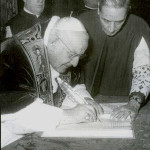
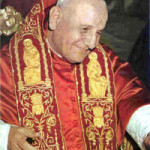 His homily at Sunday’s opening mass warned of the possibility that those charged with nurturing God’s people can bring harm instead out of their self interest, greed, and pride: “God’s dream always clashes with the hypocrisy of some of his servants. We can ‘thwart’ God’s dream if we fail to let ourselves be guided by the Holy Spirit,” Pope Francis said. “The Spirit gives us that wisdom which surpasses knowledge, and enables us to work generously with authentic freedom and humble creativity.”
His homily at Sunday’s opening mass warned of the possibility that those charged with nurturing God’s people can bring harm instead out of their self interest, greed, and pride: “God’s dream always clashes with the hypocrisy of some of his servants. We can ‘thwart’ God’s dream if we fail to let ourselves be guided by the Holy Spirit,” Pope Francis said. “The Spirit gives us that wisdom which surpasses knowledge, and enables us to work generously with authentic freedom and humble creativity.”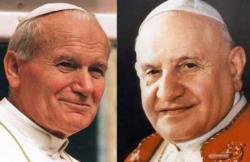

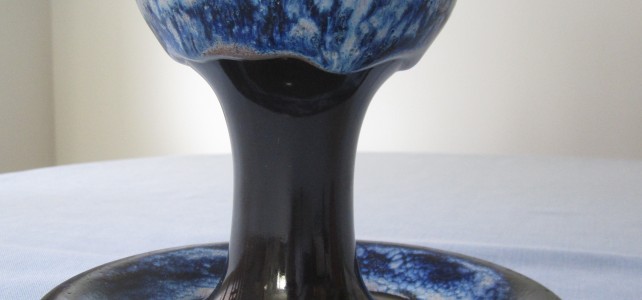

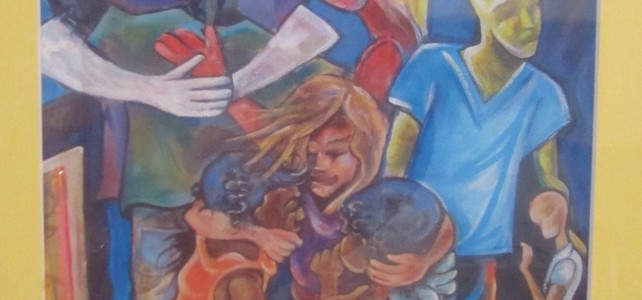
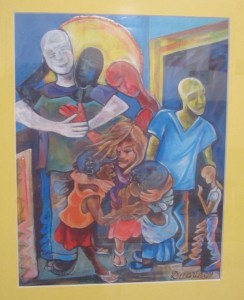
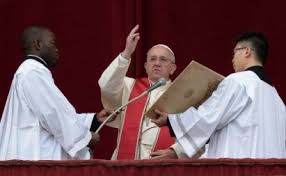
 Pope Francis addressed the “City and the World” today in the traditional Urbi et Orbi message as thousands gathered to here him and receive the Christmas blessing. (read it
Pope Francis addressed the “City and the World” today in the traditional Urbi et Orbi message as thousands gathered to here him and receive the Christmas blessing. (read it